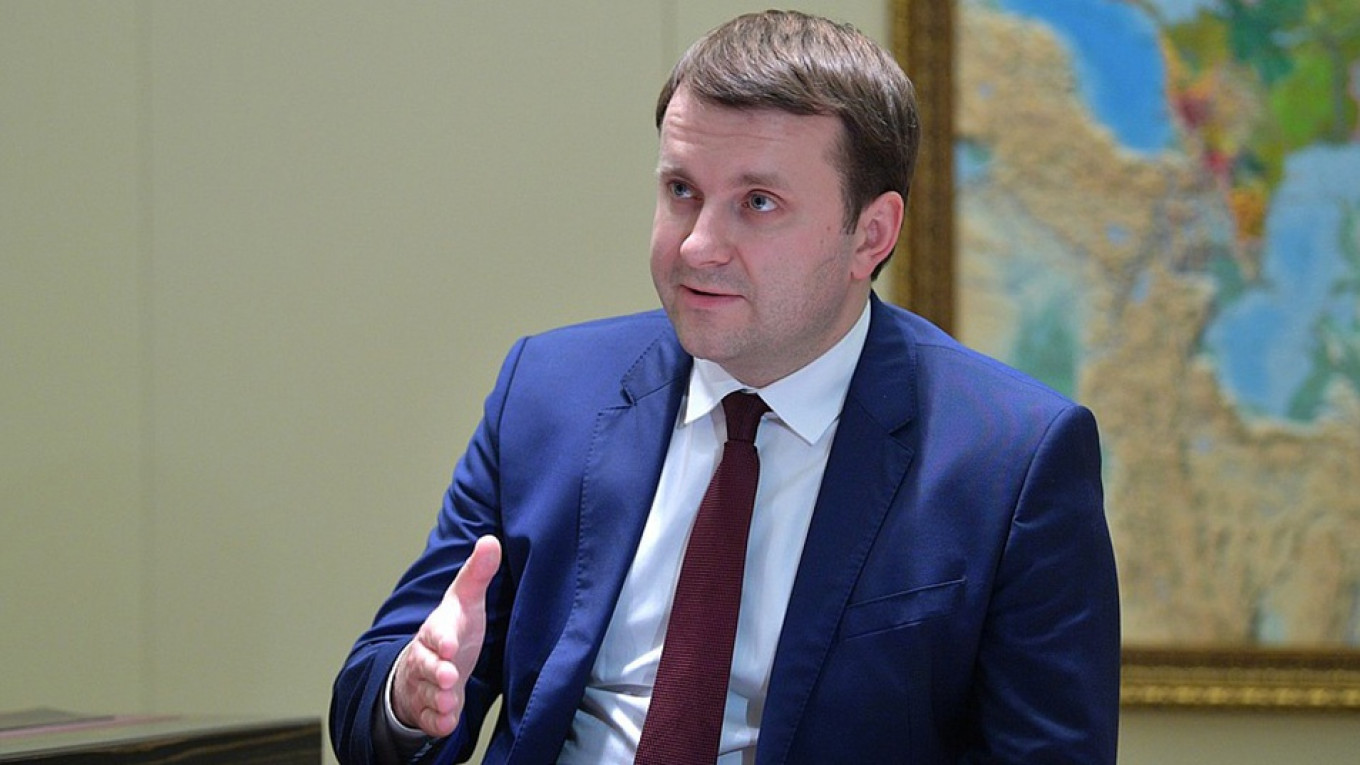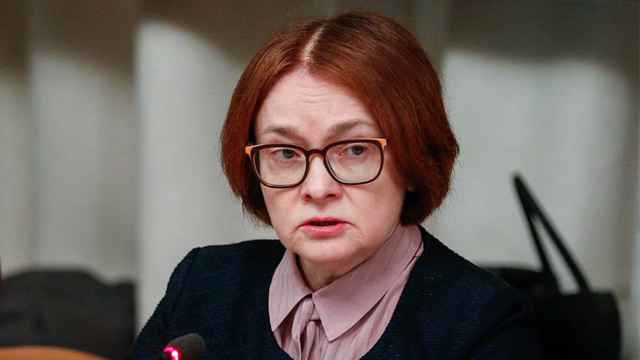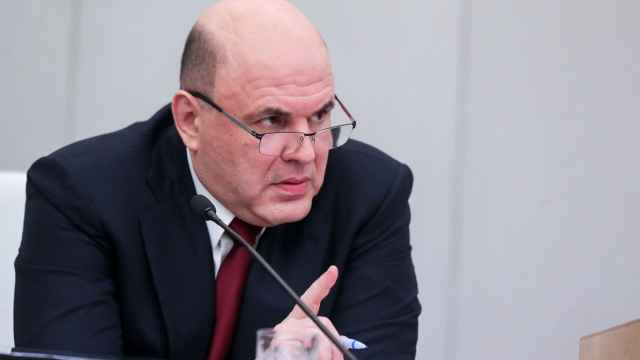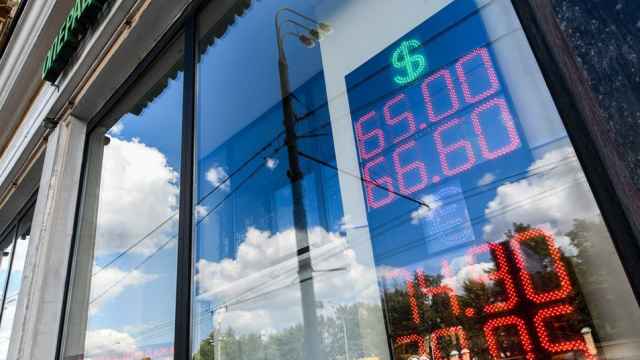New U.S. sanctions would pressure the ruble and fuel capital outflows over the next 12 months, Russia's Economy Minister Maxim Oreshkin said on Wednesday, recognizing the need to trim the economic growth forecast.
Oreshkin became one of the first government officials to acknowledge that the latest bout of sanctions and the risk of further such measures would take a toll on Russia's economy after the Kremlin dismissed the ruble's fall to its weakest levels since 2016 as simple market volatility.
"The issue of the sanctions theme, the crisis that we see in Turkey, the ongoing problems in Argentina and Brazil, all these will clearly affect the Russian market," he told reporters.
On Wednesday, the ruble weakened towards its lowest mark in more than two years as traders priced in the risk of more U.S. sanctions and foreign currency purchases by the Russian central bank took their toll.
The U.S. Treasury imposed sanctions on various Russian entities on Tuesday, and a new tranche of sanctions announced by the U.S. State Department earlier this month was expected to take effect later on Wednesday.
Oreshkin said the ruble would weaken more than expected over the next 12 months, while economic growth would fall somewhat short of earlier projections.
The ministry used to expect the Russian ruble to average around 61 per dollar this year, weakening to an average of 63-64 in 2019. It now fetches 67.96 to the dollar, having shed more than 8 percent of its value so far this month.
"We are likely to revise this year's economic growth (forecast) slightly from 1.9 percent to 1.8 percent. The changes will be mostly of a cosmetic nature," Oreshkin said.
Oreshkin said foreign investors in Russian government bonds, known as OFZs, were unlikely to step up the selling after having already ditched the bonds due to threats of more U.S. sanctions.
He also said inflation in Russia was likely to exceed earlier expectations due to a worse-than-expected grain harvest and the weaker ruble.
A Message from The Moscow Times:
Dear readers,
We are facing unprecedented challenges. Russia's Prosecutor General's Office has designated The Moscow Times as an "undesirable" organization, criminalizing our work and putting our staff at risk of prosecution. This follows our earlier unjust labeling as a "foreign agent."
These actions are direct attempts to silence independent journalism in Russia. The authorities claim our work "discredits the decisions of the Russian leadership." We see things differently: we strive to provide accurate, unbiased reporting on Russia.
We, the journalists of The Moscow Times, refuse to be silenced. But to continue our work, we need your help.
Your support, no matter how small, makes a world of difference. If you can, please support us monthly starting from just $2. It's quick to set up, and every contribution makes a significant impact.
By supporting The Moscow Times, you're defending open, independent journalism in the face of repression. Thank you for standing with us.
Remind me later.







